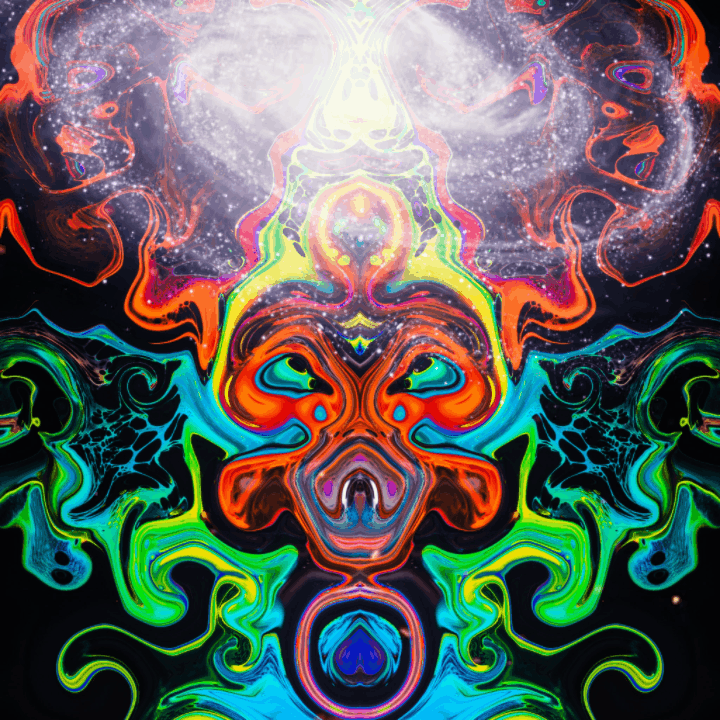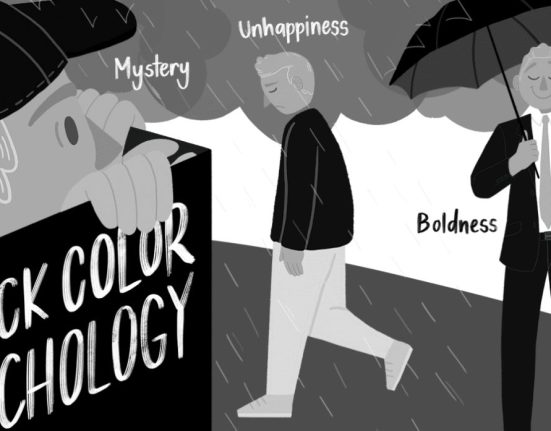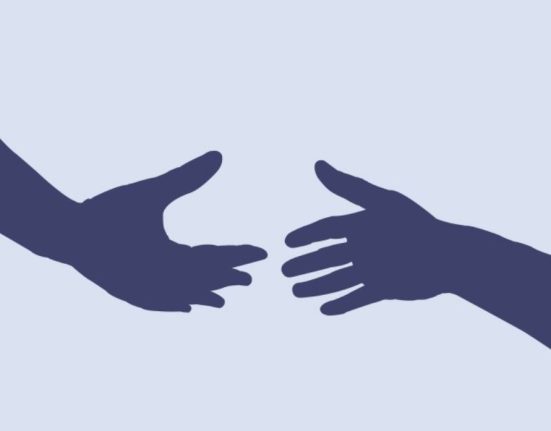
In recent years, the realm of scientific research has been witness to a remarkable renaissance – a renaissance in psychedelic research. Psychoactive drugs have sparked a new interest in these ancient compounds, leading to groundbreaking findings that suggest they can improve mental health when used responsibly and in the right conditions.
Ayahuasca, a hallucinogenic drink with a long history in Amazonian spiritual activities, has drawn scientific scrutiny. Recent research provides valuable insights into the significant public health advantages linked to the utilization of Ayahuasca, thereby presenting a promising prospect within the realm of mental wellness.
The Research Journey

A hallucinogenic compound, known as Dimethyltryptamine, is in several plant species, and is even found in the human body. The utilization of Ayahuasca is seeing a growing prevalence on a global scale. This is mostly due to underground networks, religious places, and indigenous groups, regardless of its Schedule I narcotic status. Research has linked Ayahuasca to astonishingly positive effects, including the treatment of resistant depression and social anxiety.
In a study, researchers decided to delve deeper into the Ayahuasca experience, transcending its original context. The Netherlands, a nation with a burgeoning Ayahuasca community, served as the research hub. In the study, 58% of 377 participants aged 22–80 had used Ayahuasca in the past five years. Interestingly, 30% of participants had performed over 100 Ayahuasca rites.
The Positive Influence of Ayahuasca
The participants underwent a series of questionnaires that assessed many aspects of their well-being, including physical and mental health, eating patterns, social support, personal values, and coping strategies. The findings were exceptionally remarkable, as an overwhelming 99.8% of subjects indicated experiencing quite favorable or favorable effects from Ayahuasca.
Apparently, 64% of the participants reported increased energy, relaxation, pain management, gastrointestinal health, less substance usage, and a stronger connection to their body. Psychologically, 98.7% reported increased satisfaction, optimism, self-acceptance, confidence, empathy, tranquility, and calmness. A few 8.5% of participants indicated experiencing unfavorable outcomes, such as episodes of anxiousness or instances of fainting.
In their study, the researchers concluded that Ayahuasca showcased a good safety and tolerability profile, a low risk for abuse, and significant potential benefits for individual health, particularly when used in controlled ceremonial settings. The findings strongly advocate for policymakers to base their decisions on scientific evidence when developing and implementing public health policies.
Different Perceptions
Dr. Caroline Dorsen, a renowned Rutgers University faculty member, says that although this study does not prove a causal link between the Ayahuasca usage and physical and mental well-being, it is still promising. Her current project explores health professionals’ attitudes toward and knowledge of psychedelic drug use as a healing modality. Her concern lies in the persistence of old stereotypes and myths about psychedelics as drugs of abuse, potentially obstructing their use in treating severe depression, PTSD, and addiction.
A Paradigm Shift
Psychotherapist Mike Dow, PsyD, who administers ketamine-assisted therapy, another psychoactive substance linked to mental health benefits, envisions a shift in American healthcare. He advocates for an approach that prioritizes therapy alongside the integration of medicine, addressing the biological as well as the psycho-social-spiritual aspects of wellness.
Dow questions the reliance on daily medication for conditions like PTSD, suggesting that a combination of medicine and psychotherapy might offer more lasting benefits. The individual expresses optimism that studies of this nature may incite a paradigm shift in public perception of psychedelics, hence questioning established beliefs surrounding their safety and appropriateness within the realm of mental healthcare.
In contemporary society, the continued legality of substances such as alcohol and cigarettes, despite their well-documented detrimental effects, prompts consideration of the potential role of Ayahuasca and other psychedelics in facilitating a more comprehensive and fundamental approach to mental health care. As the investigation into the unexplored capabilities of these traditional treatments persists, the scope of mental wellness expands beyond established limits, presenting fresh prospects for individuals in pursuit of such relief.
References
Also Read: Navigating Success beyond Academia: The Modern Odyssey










Leave feedback about this